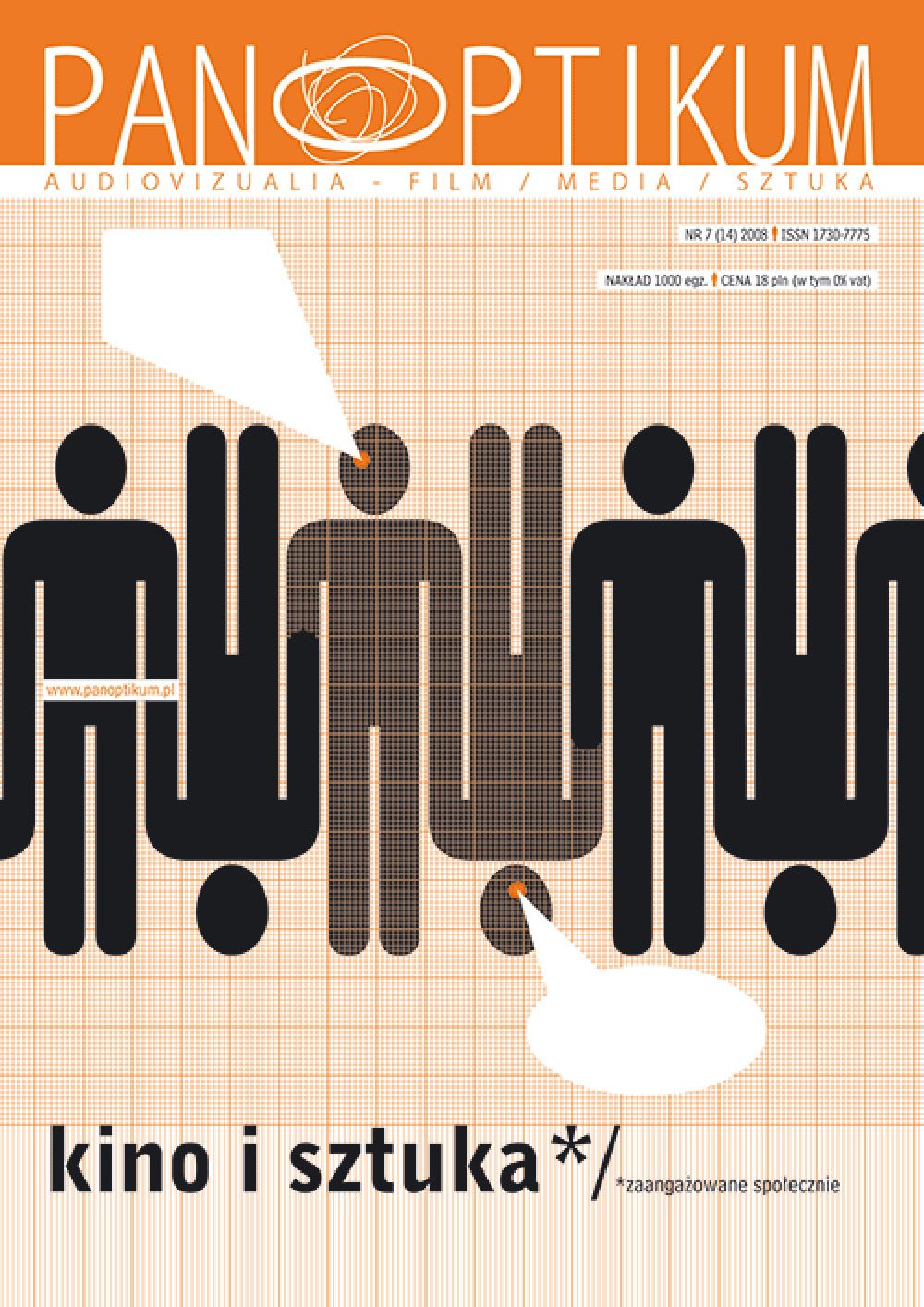Współczesny surrealizm czeski i odnowa języka wczesne filmy Jana Švankmajera
Abstrakt
This essay is a critical study of the Czech animator and filmmaker Jan Švankmajer, one that pays particular attention to Švankmajer’s early works of the 1960s and ‘70s. The primary theme of this study is Švankmajer’s complex and multi-faceted engagement with the idea of language. Among the issues considered are the question of whether Švankmajer’s films ‘signify’ in any meaningful or straightforward fashion; the rejection of, and polemic with, the verbal model of language; the cultivation of a sensuous, affective formal ‘language’; Švankmajer’s interest in the communicative properties, the secret content, of objects; and the relation of language or self-expression to the childhood experience that Švankmajer valorises. I will connect these preoccupations back to Švankmajer’s involvement with the Czech Surrealist Group and his absorption of other traditions of the (Czech and international) avant-garde. Ultimately this essay will show that Švankmajer’s work, and not least in its engagement with language, is politically critical and subversive, whether considered in relation to the neo-Stalinist regime under which Švankmajer has made most of his films, or in a broader context. While eschewing any kind of naively utopian libertarianism, Švankmajer’s work is oppositional in its challenge to the codification of language systems by authoritarian regimes, and in implicitly censuring a civilisation that both reduces objects to their utilitarian function and represses the imaginative life (along with the possibility of expressing this) that we enjoyed in early childhood.

 Uniwersyteckie Czasopisma Naukowe
Uniwersyteckie Czasopisma Naukowe





